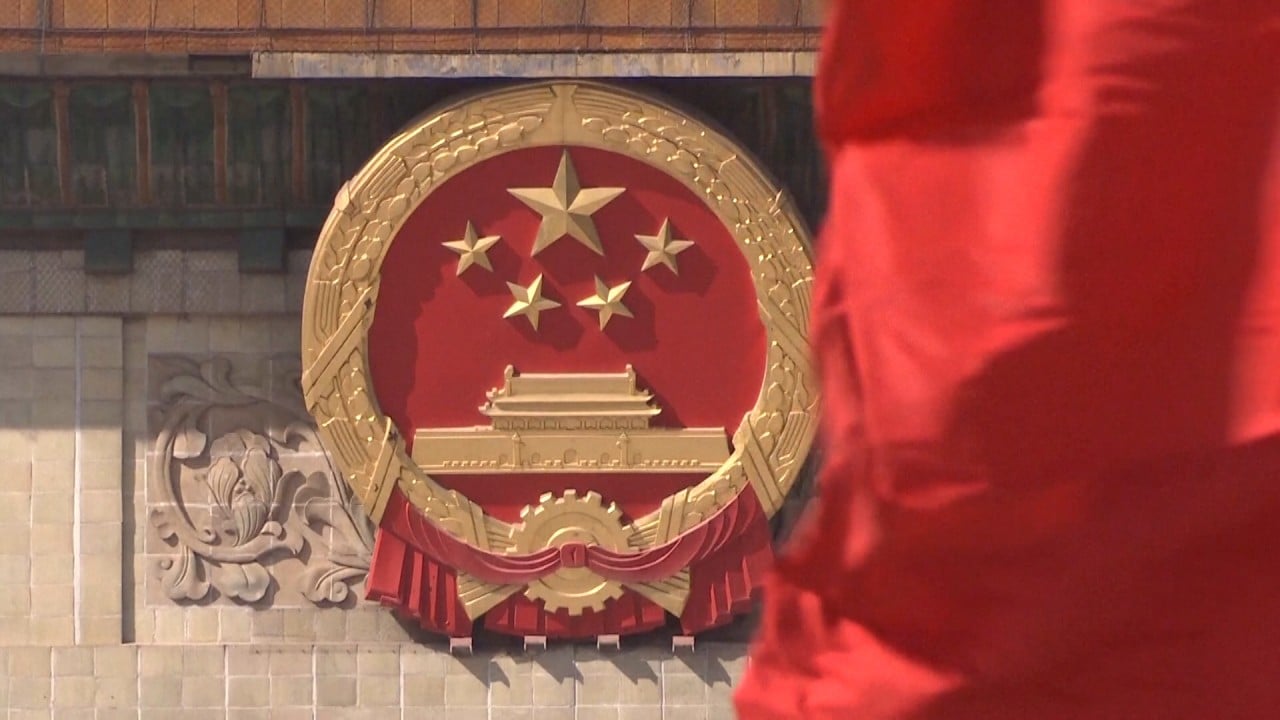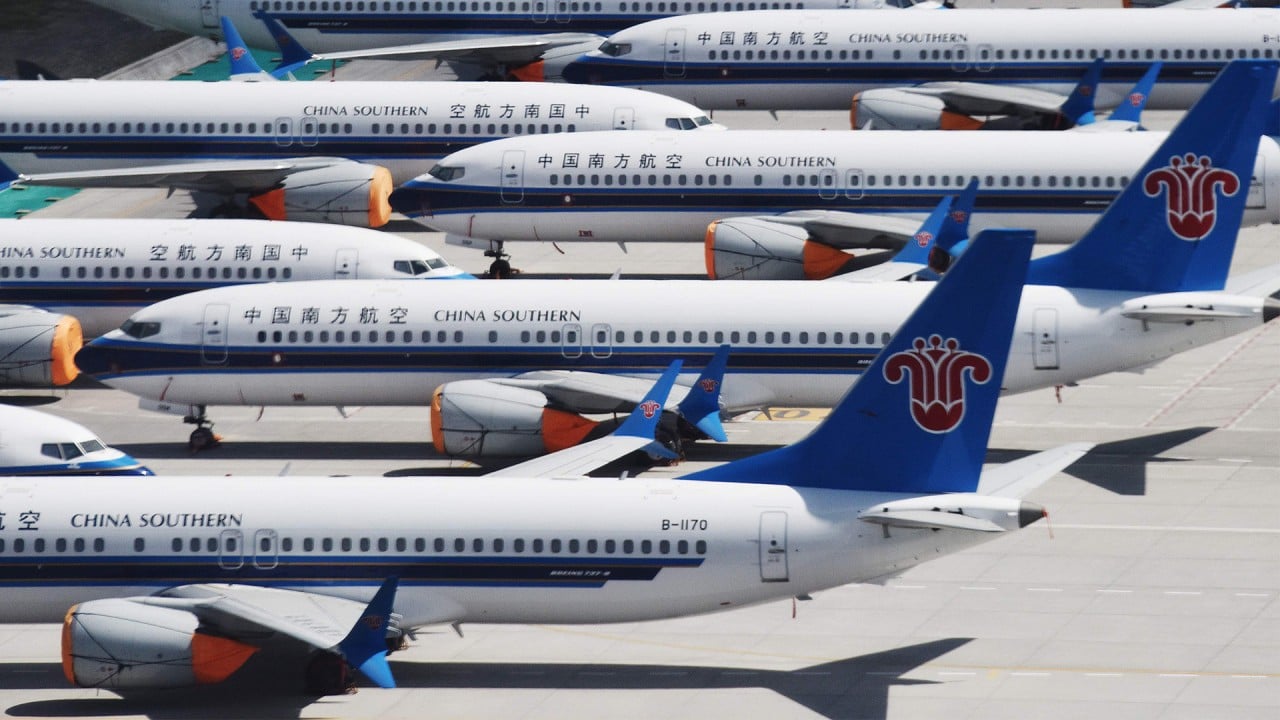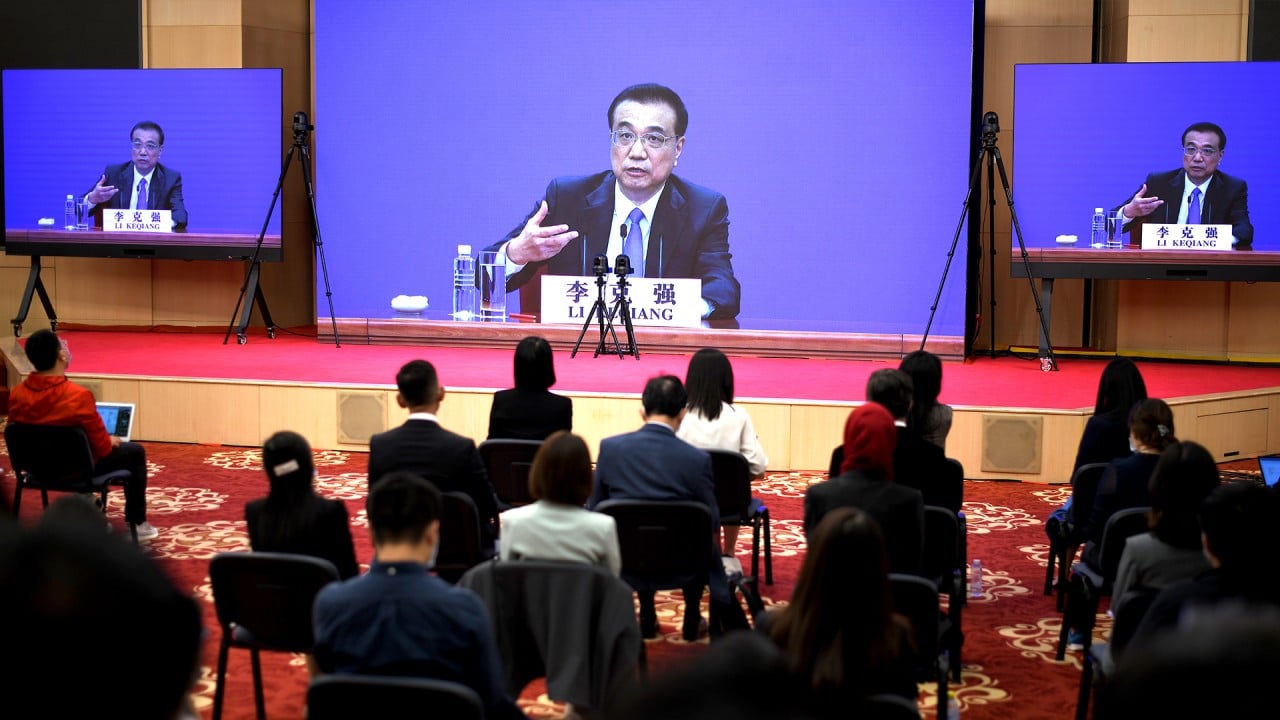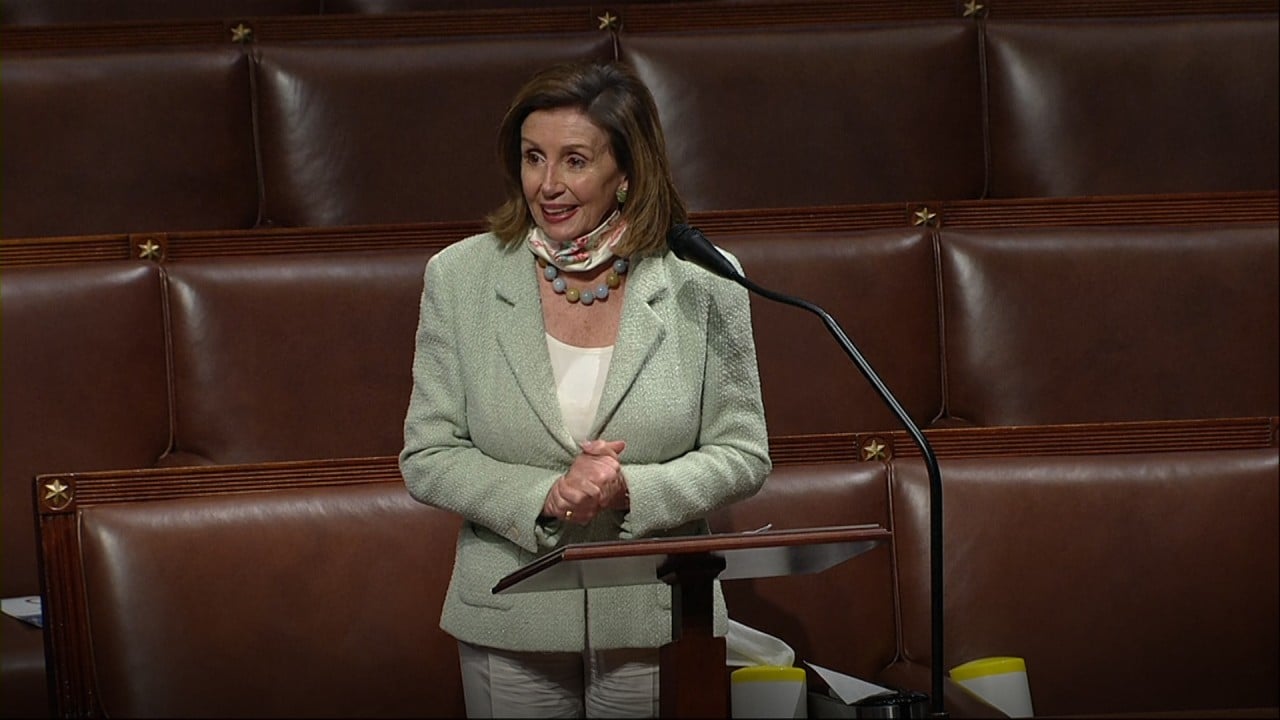
China-US financial war over Hong Kong unlikely given damage it would do to both sides, analysts say
- Washington’s moves to restrict China’s access to US capital markets are ‘skirmishes’ rather than start of all-out financial war, analysts say
- Risk remains that US will impose strong financial sanctions on China for imposing a national security law on Hong Kong
As relations between Beijing and Washington continue to deteriorate, there is growing concern that the United States will start a full-fledged financial war that would limit China’s access to American financial markets and global financing.
While there have been some initial moves to restrict China’s access to US capital markets, analysts agree that a major conflict is not on the cards in the near term, in large part because it would hurt the US as much as China.
Ding Shuang, chief China economist at Standard Chartered, echoed Kennedy’s view, saying that current tensions are more “skirmishes” than a “war”.

02:23
Beijing remains ‘very firm’ on national security law for Hong Kong, says city’s leader Carrie Lam
However, if the US moves to sanction Chinese banks in retaliation for Beijing imposing a national security law on Hong Kong, there would be retaliation, with China possibly sanctioning American companies operating in the country, Ding said. This would be a “lose-lose” situation.
Nevertheless, recent steps by the US can be seen as the opening salvoes in a broader effort to tighten China’s access to US capital markets.
In early May, US President Donald Trump issued an executive order banning the main government pension fund from investing in Chinese stocks, tying the move to allegations that China hid information about the extent of the coronavirus and had committed human rights violations against the Uygur minority in Xinjiang province. The fund held US$557 billion in assets compared to US$22.4 trillion in assets for all US pension funds at the end of 2018.
Private-sector funds have so far not followed Trump’s lead.
China may suffer more globally, but the US has to keep in mind that its domestic manufacturing and consumption will suffer considerably as well
In late May, the US Senate passed a bill that would require Chinese firms listed on US exchanges to follow US standards for financial audits, require full disclosure of state ownership stakes and whether senior managers are members of the Chinese Communist Party. The bill must still be passed by the House of Representatives and signed by Trump to become law.
The requirement that Chinese firms follow US auditing rules has been an issue for years but was given new life by the Luckin Coffee scandal, in which senior executives forged sales figures to boost the company’s outlook.
But the disclosures of state ownership and Communist Party affiliations are new and targeted directly at China’s many state-owned firms.
Chinese firms listed in the US are subject to less rigorous disclosure requirements than their American counterparts, which could give them a competitive advantage if they receive below-cost financing or subsidies from the Chinese authorities, the US-China Economic and Security Review Commission said in its 2019 annual report.

01:39
Trump administration bans Chinese passenger airlines from flying to US destinations
As of September 2019, 172 Chinese firms were listed on major US exchanges, with a total market capitalization of more than US$1 trillion, according to the commission.
A growing number of US-listed Chinese companies are expected to list shares in Hong Kong amid growing US scrutiny, said Standard Chartered’s Ding. “Few Chinese companies will seek US listings if the [Senate] bill becomes law.”
Chinese tech companies, already under pressure from growing US limitations on their connections with US firms, have already started to hedge their bets.
Nasdaq-listed Chinese gaming and internet service firm NetEase is launching a secondary listing in Hong Kong, with e-commerce company JD.com expected to follow. Pinduoduo, another Chinese e-commerce operator listed in the US, was reported by local media to be pondering a Hong Kong listing, which the company denied.
Zhu Ning, a professor of finance and deputy dean at the Shanghai Advanced Institute of Finance at Shanghai Jiao Tong University, predicted China would probably increase the financial-disclosure requirements for its domestic companies, regardless of their listing location, because this would be “a healthy development for the Chinese capital market itself”.
China could also further develop its corporate debt market to provide alternative ways of financing to Chinese companies losing access to the US market, Zhu said.
Beijing has been making a special effort to please US financial firms, in part by offering them full control of their Chinese joint ventures.

05:11
Chinese Premier Li Keqiang on pandemic, China-US tensions and Hong Kong
The Chinese government also removed quotas on qualified foreign institutional investors buying onshore stocks and bonds, meaning at least in theory that foreigners can now invest as much as they like in Chinese securities.
The immediate effect of the easing is expected to be limited, given that the government never fully filled the previous quotas for the programme due to lack of demand.
Questions have also arisen about China’s continued access to the international capital markets following Trump’s vow to impose sanctions should Beijing impose a national security law on Hong Kong.
It remains an open question how far the US will go on the financial front, though many analysts think the US will not impose penalties that would affect US financial firms doing business in the city.
A bipartisan bill introduced by two US senators last month would place sanctions on Chinese officials and banks that do business with entities deemed to be in violation of Hong Kong’s Basic Law, the mini-constitution agreed upon between Britain and China for the city after the handover.
The Trump administration, however, has not yet given any specific detail of its sanctions plan.
Anything is possible in the current US-China environment, said Zhu Ning, but blocking banks from the clearing system is a very dangerous move that would hurt both countries.

03:21
US House of Representatives sends Uygur Human Rights Policy Act to Trump’s desk for approval
“China may suffer more globally, but the US has to keep in mind that its domestic manufacturing and consumption will suffer considerably as well,” Zhu added.
Paul Chan Mo-po, Hong Kong’s finance secretary, said last weekend that the city has nothing to fear from potential US sanctions.
Yu Yongding, a senior fellow at the Chinese Academy of Social Sciences, said China would “roll with the punches” from any potential sanctions but would never initiate any financial attack, adding that a financial decoupling between US and China looks impossible at this stage, despite some US senators calling for it.
“US-China financial ties will change once the environment changes, which we have been talking about for a long time. China won’t show all the cards in its hand, but it does have a series of countermeasures if the situation worsens,” said Yu, a former adviser to the People’s Bank of China.


